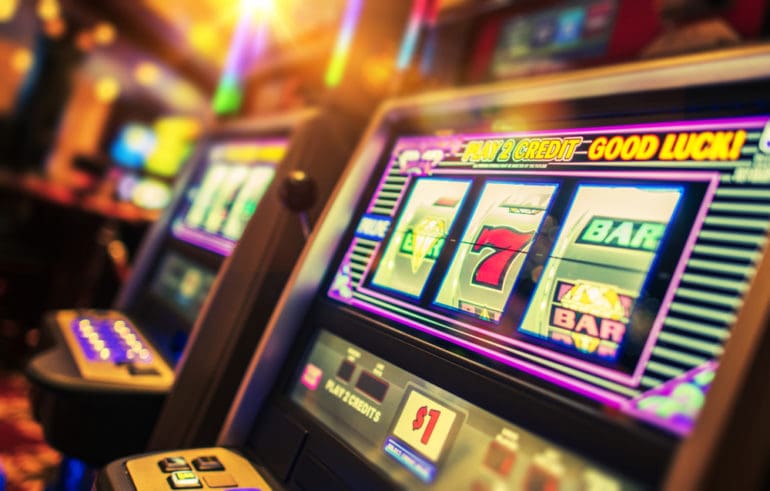Although not everyone would agree with it, game theory can enhance your decision-making with stocks. Game theory is based on strategic decisions that involve philosophy, psychology and math. It was invented by Oskar Morgenstern and John von Neumann in the 1940s. And, when looking at the stock market, there are different ways to use game theory to make your investments.
Take John Maynard Keynes theory for explaining stock price fluctuations.
Keynes (1883-1946), was a British economist who came up with a creative game theory story:
A newspaper had a beauty contest and asked readers to pick 4 people out of the 100 faces shown. But, the contestants weren’t shown in the pictures. The contestants were the actual readers themselves. Readers who voted for the 4 people that got the largest number of votes won. The others did not.
So how does this relate to the stock market?
When looking at short-term trades, you’re not looking at the overall health of the business. Your concern is if the stock’s price will rise or fall – in its short-term. With stocks, your winnings come from picking the most popular stocks. While losses result from picking those that are unpopular – or contest losers.
A Game of Choices and Consequences
Game theory addresses choices that people make. But the decisions aren’t ours alone, but how othersmake their decisions. That’s what determines the outcome. Take risk arbitrage, for example. With risk arbitrage, you’re turning a profit that has a low-level of risk to it. You analyze the market based on the actions others are taking. And often, it’s through historical data from older trades that you can develop your own strategy.
You’ll identify the players and explore company A and company B. What’s their board like? Shareholders? How’s the management? You’ll ask yourself what are they hiding? Who has the best poker face? Or, who is using mental strategy to make up for bad decisions? Hence, you also have to do the math and some background research. Because unlike the beauty contest, you won’t go by appearances alone.
You’re trying to find the direction you think the companies might go in. You’re basing this on goals you find in their financials or in statements and interviews. You’ll ask yourself, “What move will they make next?” Merge? Go public? Hostile takeover?
If you’re savvy, you’ll then weigh the payoffs with each outcome. You’ll check their Facebook and see who they know. You’ll go on their LinkedIn accounts. You’ll question who they golf with. Reading about allegiances and side deals that might pay off can also help determine the step a major player might make next. You’ll constantly ask, “What’s in it for them?” But, don’t rely on this alone. It’s a mistake.
Use statistical analysis along with that historical data and game theory strategies. Include these before making any assumptions.
Every Action Has a Reaction
Every action in the stock market has some type of effect on another part of the market. Any move in the U.S. is going to affect overseas markets and there’s always a ripple effect of some kind. Look at the stock market’s crash in the 30s. The effect of that one act caused a tidal wave that led to a depression. As such, actions that a stock trader make have an effect. Actions that a major player makes can have lasting effects for years to come.
While so many gauge their decisions around someone like Warren Buffet, their concern is whether his finger is on the pulse. But, know that he’s doing his research, too. He’s reading the reports and eyeing how someone else is testing the market waters.
To use gaming theory and win in this market, it helps to understand that each action has a reaction. And, when you can predict what others are doing before they even do it, you might be able to make a profit for yourself.
Traders use gaming theory to figure out market strategies ahead of time. And with the correct calculations, you might determine someone’s next big move. But don’t forget to explore the probabilities with all those market strategies. These can help you make a profit or know when to walk away. Because sometimes, people gamble and make foolish mistakes on a whim and it costs them a lot. And they likely lost a beauty contest or two.


